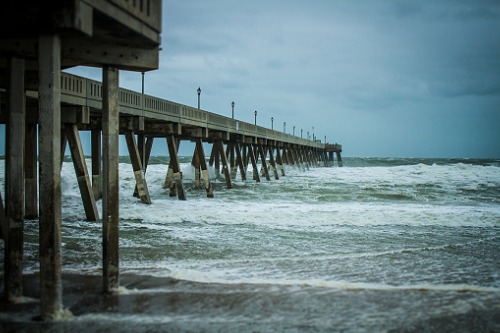

On a principled level, how should the risks of sea level rise be distributed between individuals, insurance companies, local and central government?
That’s the key question that emerged from a Deep South Dialogue between insurers and researchers, and which a research report by Elisabeth Ellis, from the University of Otago, is trying to address.
The report, How should the risks of sea-level rise be shared, found that without a new legal framework to deal with sea-level rise, based on a broad social consensus, the risk will be transferred from the least to the most vulnerable.
“If we stick with the status quo,” Ellis explained, “the way we adjust to sea level rise will exacerbate existing inequality. Nobody in New Zealand wants that.
“They want policy to be in line with consensus ethical values. They want the government to do what people think is right,” she added.
The report makes three key recommendations:
Moreover, the study noted that research gaps remain and must be filled. It suggests that it is particularly critical to engage young people in the policymaking process.
